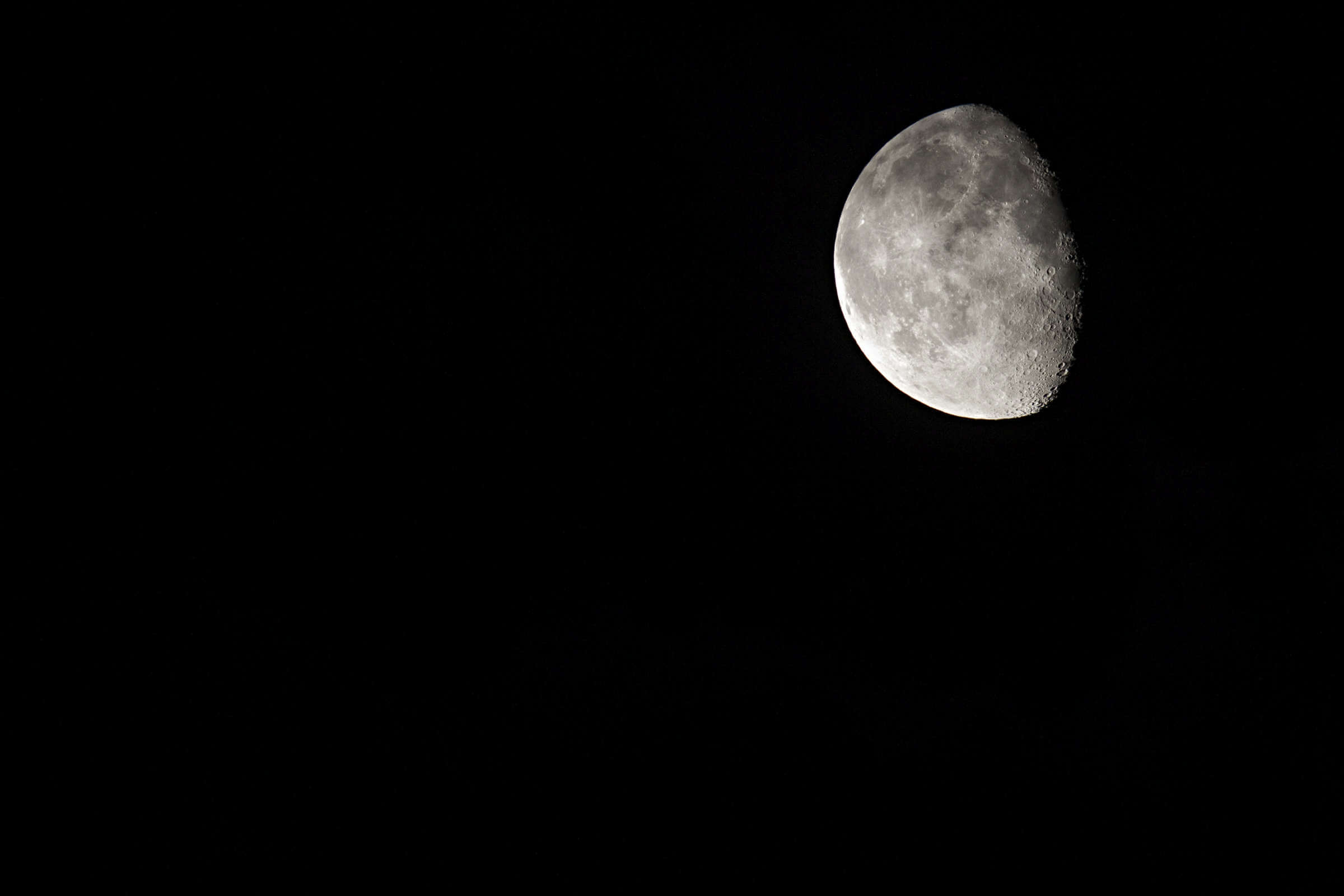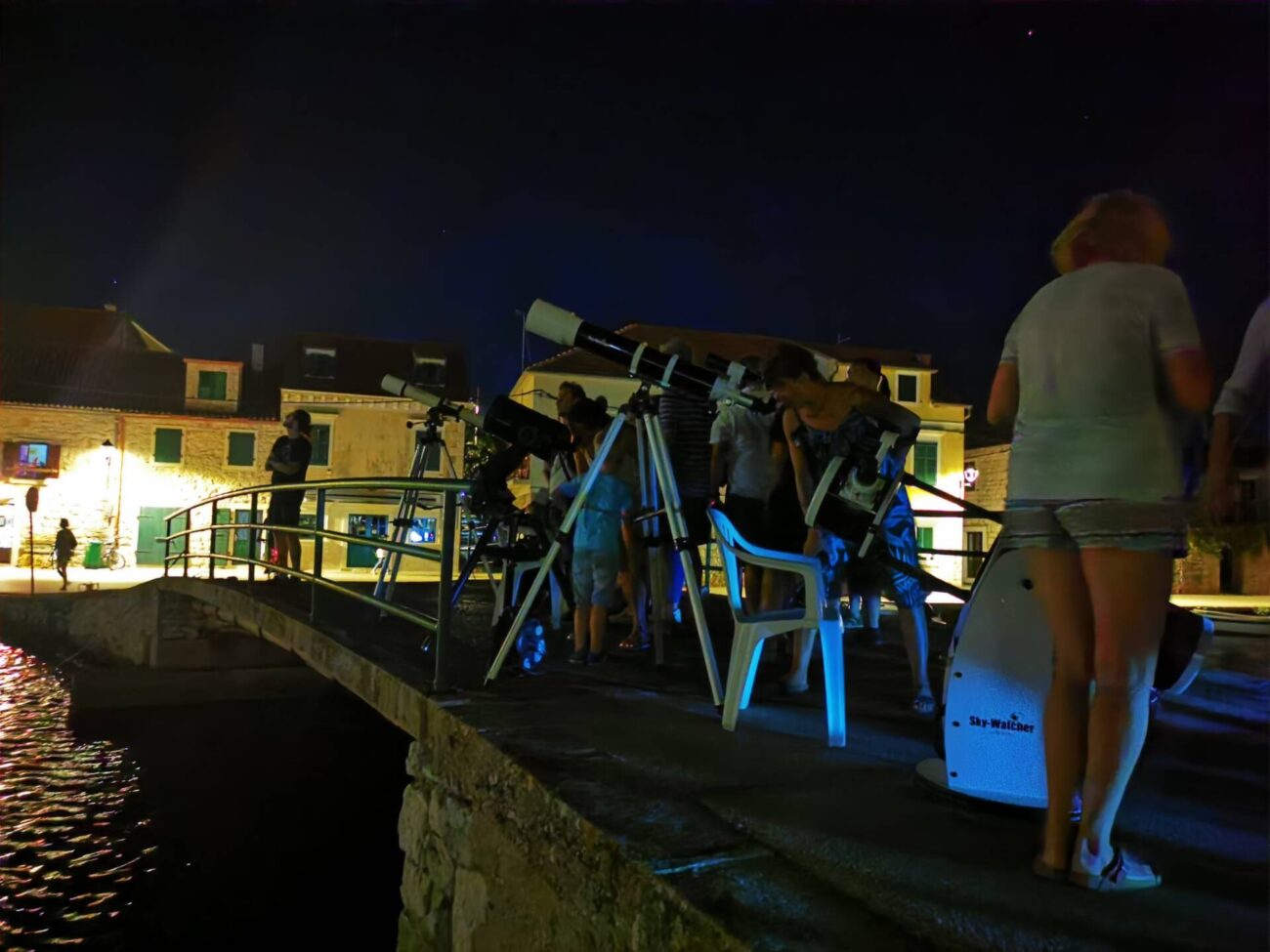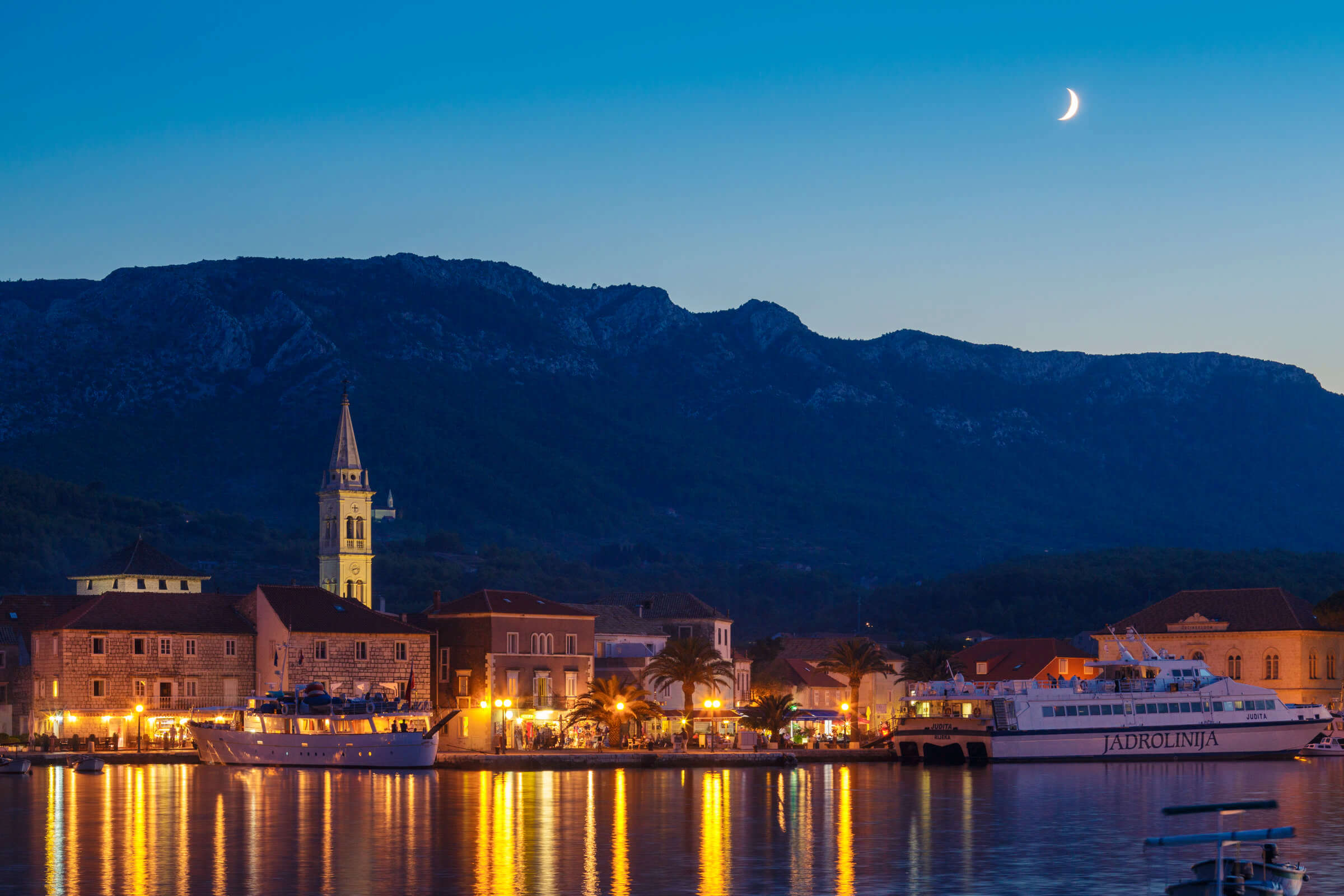Astronomy Days Celebrated With Jelsa's Clear Night Sky
June 16, 2021 - The first Croatian town to join the International Dark Sky Community continues to prove that its clear, star-filled sky continues to rank it as one of the top astrotourism destinations, with Jelsa celebrating its Astronomy Days from June 10th to 14th.
In cooperation with the Croatian Astronomical Association, the Jelsa Tourist Board, and the Leo Brenner Astronomical Society, the Astronomy Days were organized in Jelsa between June 10th and 14th, which is another step of Jelsa towards the development of astrotourism, reports Turističke priče. As part of the program, primary school children learned how to observe the sun with telescopes, but also everything about the stars and light pollution. The workshops introduced the children to the most important constellations and the brightest stars currently seen in the sky, as well as the problem of light pollution, like the reason why we are missing stars.

Participants were able to take a photo of the moon with their own smartphones (Credit: Mario Romulić)
The stars will be the brightest tourist product of Jelsa, which should acquire the status of the International Dark-Sky Community by the end of the year and become the first municipality/city in Croatia to proudly bear that title. This title confirms Jelsa as a destination that has an exceptional quality of the night sky and respects high environmental standards in terms of light pollution, which together make a big step towards creating an astro-tourist offer in the area of Jelsa.
In addition to workshops for children in Jelsa, public observations with telescopes for citizens and tourists were organized as part of Astronomy Days. The astronomical evening in Zavala and the Moon from Zastražišće attracted visitors, and on both observations, apart from looking through the telescope, it was possible to photograph the moon with your own smartphone through the telescope, so many took with them a fond memory.

Participants of the Astronomy Days in Jelsa (Credit: Jelsa Tourist Board)
Jelsa was the first to develop astrotourism
Secretary-General of the Croatian Astronomical Union Dorian Božičević in Jelsa serviced the cameras of the Croatian Meteor Network located in the Eco-ethno village Humac and continued with measurements of light pollution in the Municipality of Jelsa, which is soon preparing to submit an application to the International Night Sky Association (IDA) for obtaining the status of the International Dark Sky Community, reported from the Croatian Astronomical Union, announcing that they expect to receive the status by the end of the year.

The town of Jelsa at night (Credit: Mario Romulić)
In addition to the sun and the sea, Jelsa will also offer tourists a starry sky, and the stars in modern times are disappearing precisely because of light pollution, and observing the starry sky is becoming a tourist attraction that you cannot often see.
What is the International Dark Sky Community?
Unlike the park, the dark sky community is a village, town, municipality, and other legally recognized communities that have shown exceptional commitment to preserving the dark sky through the implementation of quality outdoor lighting and raising awareness of light pollution. Namely, in 2001, the International Organization of the Dark Sky launched the "International Dark Sky Locations" program. The program recognizes and aims to protect areas around the world with preserved and natural dark skies, ie without or with a minimum amount of light pollution.
Jelsa is a slice of safe, authentic lifestyle heaven on Croatia’s premier island, with wine and beach treasures galore. Everything you need to know about Jelsa, you'll find it in our Total Croatia's Jelsa on a Page HERE.
Follow the latest travel updates and COVID-19 news from Croatia HERE.
For more on travel in Croatia, follow TCN's dedicated page.


